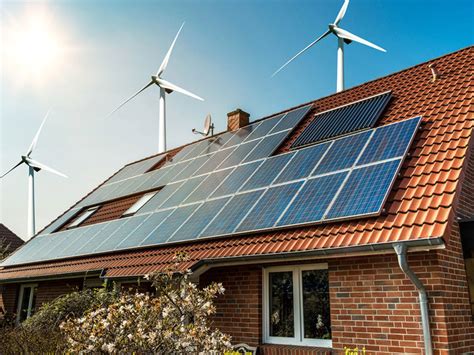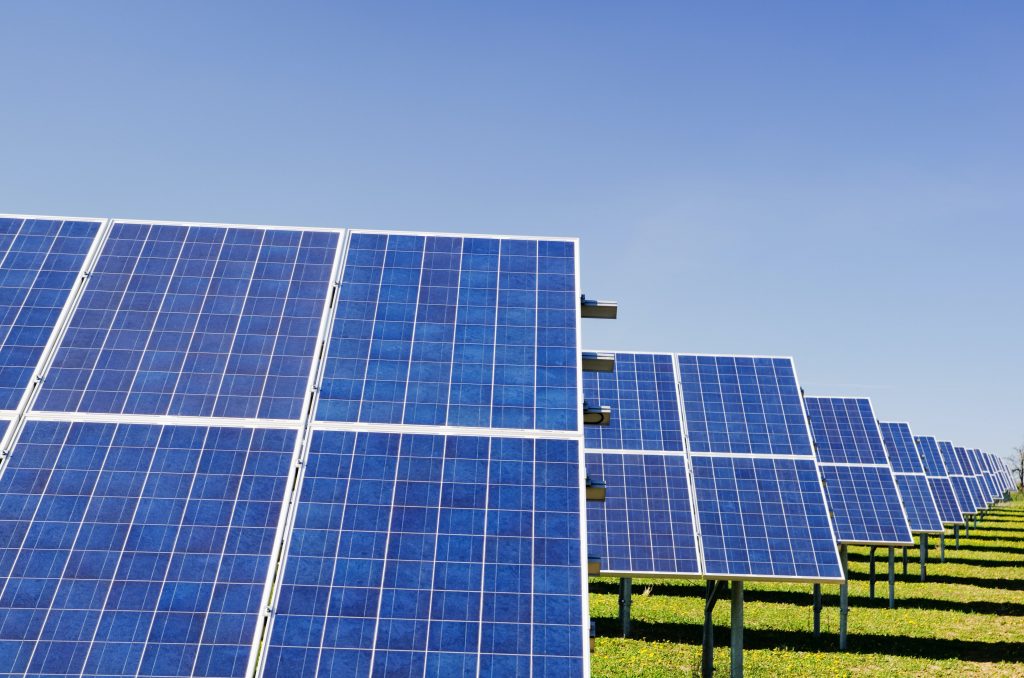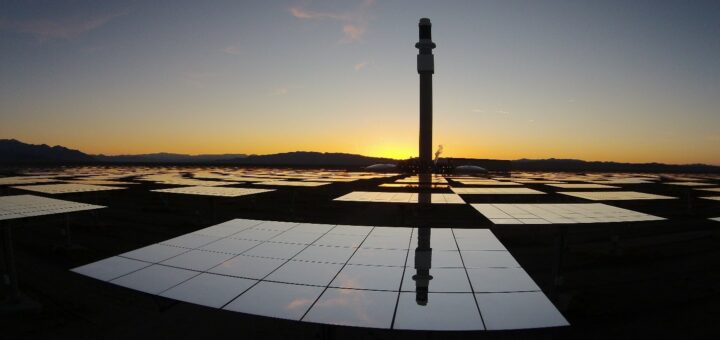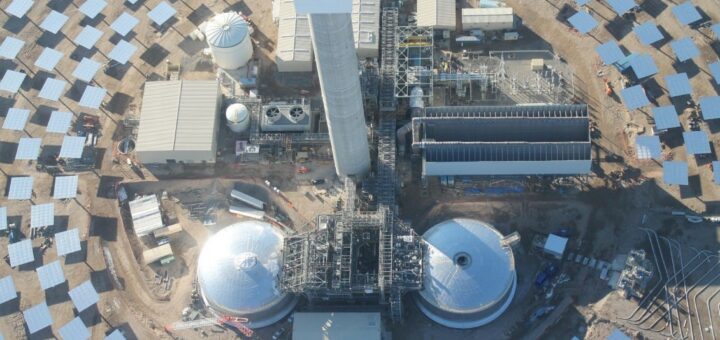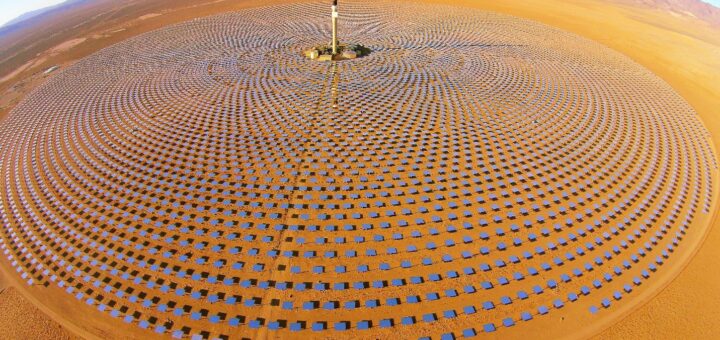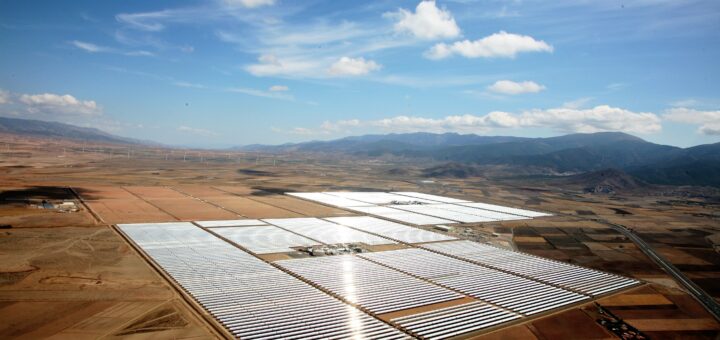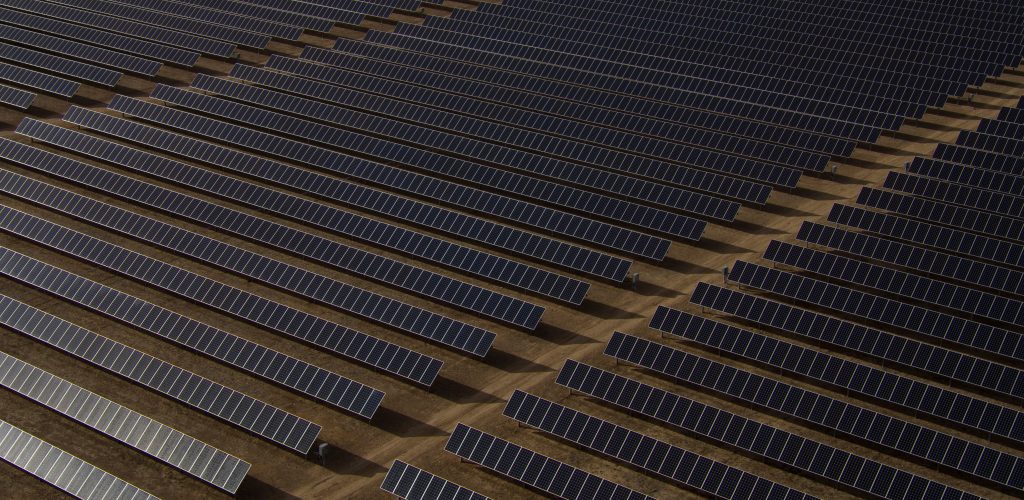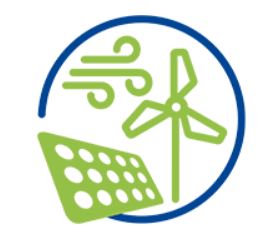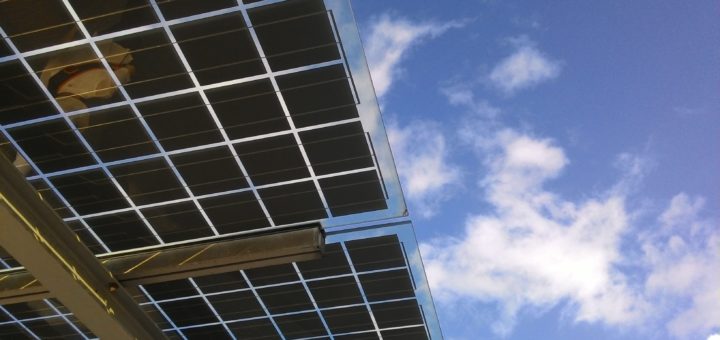Both policymakers and the technology industry need to do more to combat the ever-growing demand for data and its associated energy impacts. In this study, based on novel corporate data, expert interviews, focus groups with members of the public, extensive site visits across Greenland, Iceland and Norway and a literature review, we look at the energy and climate impacts of existing and proposed datacenters, both quantitatively and in terms of stakeholder and public perceptions.
Electricity
ROLES is identifying how European city-regions can accelerate decarbonisation through digitalisation of energy infrastructure. The UK case study focuses on solar neighbourhoods, researching how digitalisation, decentralisation and the rise of prosumers (producer-consumers) can assist the rollout of solar energy.
Renewable energy cooperation can play an important role in the energy transition in the European Union through international trade, safeguarding security of energy supply, coordinated climate adaptation measures, and optimizing the cost-effectiveness of actions. Concentrating Solar Power (CSP) could play a useful role, e.g. contributing to achieve climate goals in certain countries, or supporting the energy system with dispatchable electricity, they also believe that this role could be filled by realizing other options.
The business case for CSP (Concentrated Solar Power) is difficult to establish for importer countries as well as exporter countries and its impacts. Although the impacts of the energy transition have recently emerged in the geopolitics, CSP, is almost absent from both the academic and the policy-oriented geopolitical literature. This post further discusses the context of policies for CSP deployment by renewable energy cooperation in the EU.
Different Concentrated Solar Power (CSP) projects has pros and cons for cooperation, so the policy goals in the importing and exporting countries, which partially depend on the context conditions in these countries, should be considered. This post discusses and derives policy implications from CSP projects and how this effects cooperation.
Renewable energy cooperation is expected to play a role to ensure an effective and affordable energy transition in the EU. Besides cost savings in meeting the RES targets, there are multiple factors that determine a Member States’ willingness to engage in a cooperation agreement. Regarding CSP deployment in the past and potential obstacles to the use of cooperation mechanisms, several barriers stand out for cooperation discussed in this post.
There is no uniform format in the energy sector of the EU, although there are some initiatives for regional cooperation leading to intense cooperation between governments in specific parts of Europe. The main asset of regional cooperation lies in the ability of the involved actors to co-ordinate more efficiently. More work is required to address issues related to the further deployment of RES from 2020 to 2030 e.g., the most efficient use of RES potential.
No business model is the same for CSP due to the complexity of projects in terms of engaged actors across the different stages. MUSTEC project team investigated the CSP industry to identify the existing business models and found that the CSP industry has been forced to adjust its original business models. This post further discusses risks and barriers for the CSP industry but also financing opportunities.
Renewable energy has the potential to play a big role in the transition pathways towards a low carbon society in Europe and has many recognised benefits. So, the European Union has aimed to increase the share of renewable energy in the electricity industry to at least 50% by 2030. The Innovation Readiness Level (IRL) studied the readiness of renewable energy technologies along 5 dimensions of technology readiness level and provides recommendations for policymakers.
Achieving a decarbonised electricity sector is difficult, the main problem lies in integrating new energy sources e.g. Renewable Energy Sources (RES) into existing energy systems. This research is focused on achieving a decarbonised electricity sector in Greece and include both generating and storing clean energy at the local level. The DREEM model was calibrated for the case of Greece and simulated for 3 scenarios. Resulting with 2 policy scenarios.
- 1
- 2

